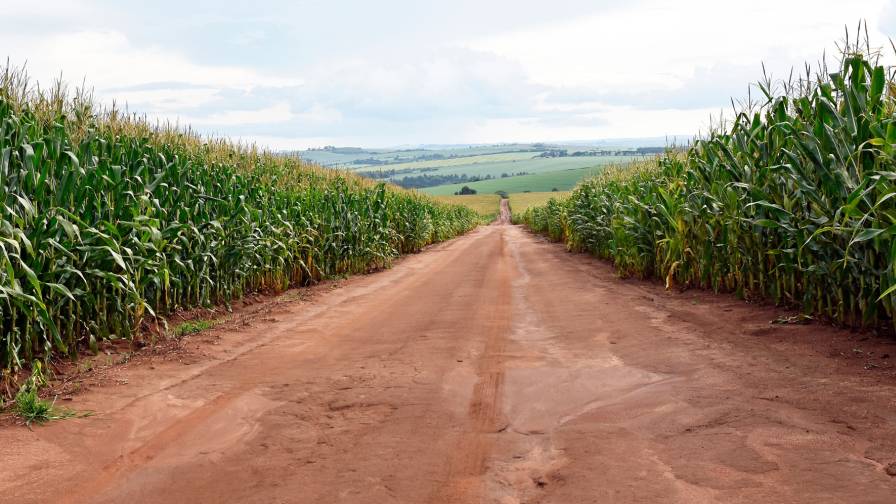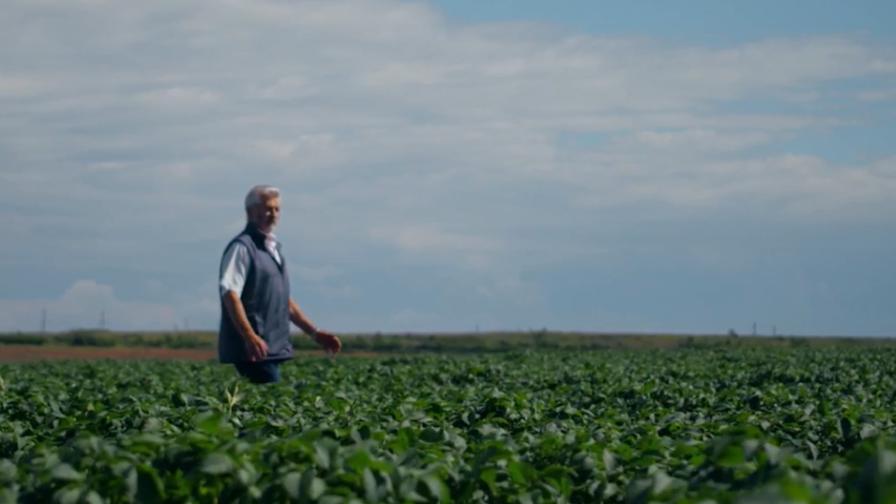The Soil Factor and the Challenge of Sustainability in European Agricultural Policies
European Commission President Ursula von der Leyen’s decision in February to withdraw the Pesticide Reduction Law SUR, aimed at cutting pesticide use by 50% and banning the deadliest pesticides by 2030, was seen in the biological sector as a missed opportunity. While recognizing the importance of incorporating the needs and perspectives of agricultural producers into the debate, it is imperative to prioritize agility in realigning EU agricultural policy. Weakening policies promoting pesticide reduction and sustainable agriculture threatens soil health, and in turn climate resilience and agricultural productivity.
This resolution came in the context of the European Green Deal and the Farm to Fork framework, following weeks of protests by farmers dissatisfied with EU environmental regulations. What could have been a significant step towards implementing more sustainable policies was, for many, a missed opportunity in the progress of European agriculture, especially at a time when the need for sustainable agricultural practices has never been more evident.
In the current scenario of climate change, the management of our natural resources has taken on unprecedented urgency. It must be remembered that soil is a non-renewable resource that sustains life on our planet. Eroding policies that promote the reduction of pesticide use and the adoption of more sustainable agricultural practices directly endanger soil health and, consequently, climate resilience and agricultural productivity. On one hand, soil health is essential for agricultural productivity, water use efficiency, and resistance to diseases and pests. On the other hand, chemical use impacts the soil’s ability to act as a carbon sink, thus exacerbating the problem of climate change.
Therefore, it is necessary to accompany and support farmers, who are on the front line of climate change impacts, in the transition to practices that promote soil resilience. Likewise, it is crucial to reconsider policies that incentivize sustainable agricultural practices, and simultaneously, invest in research and legislative tools to streamline the registration process, thereby facilitating the faster development of biological control solutions.
At this critical juncture, the European Union proposed to review and keep open the debate to refocus and align its agricultural policy with the objectives of the European Green Deal, incorporating the needs and perspectives of agricultural producers. We endorse this vision by reminding that a shift in the management of agricultural practices is necessary, with soil health representing our best investment in food security and our future welfare. The health of people, animals, and ecosystems is closely interrelated, and to address current challenges, all parties involved must collaborate jointly to achieve what no sector can accomplish alone. The European Commission’s decision should be seen as an opportunity to explore the most effective strategies for achieving sustainable and resilient agriculture, while also ensuring profitability for producers and keeping the long-term goals for 2050.





